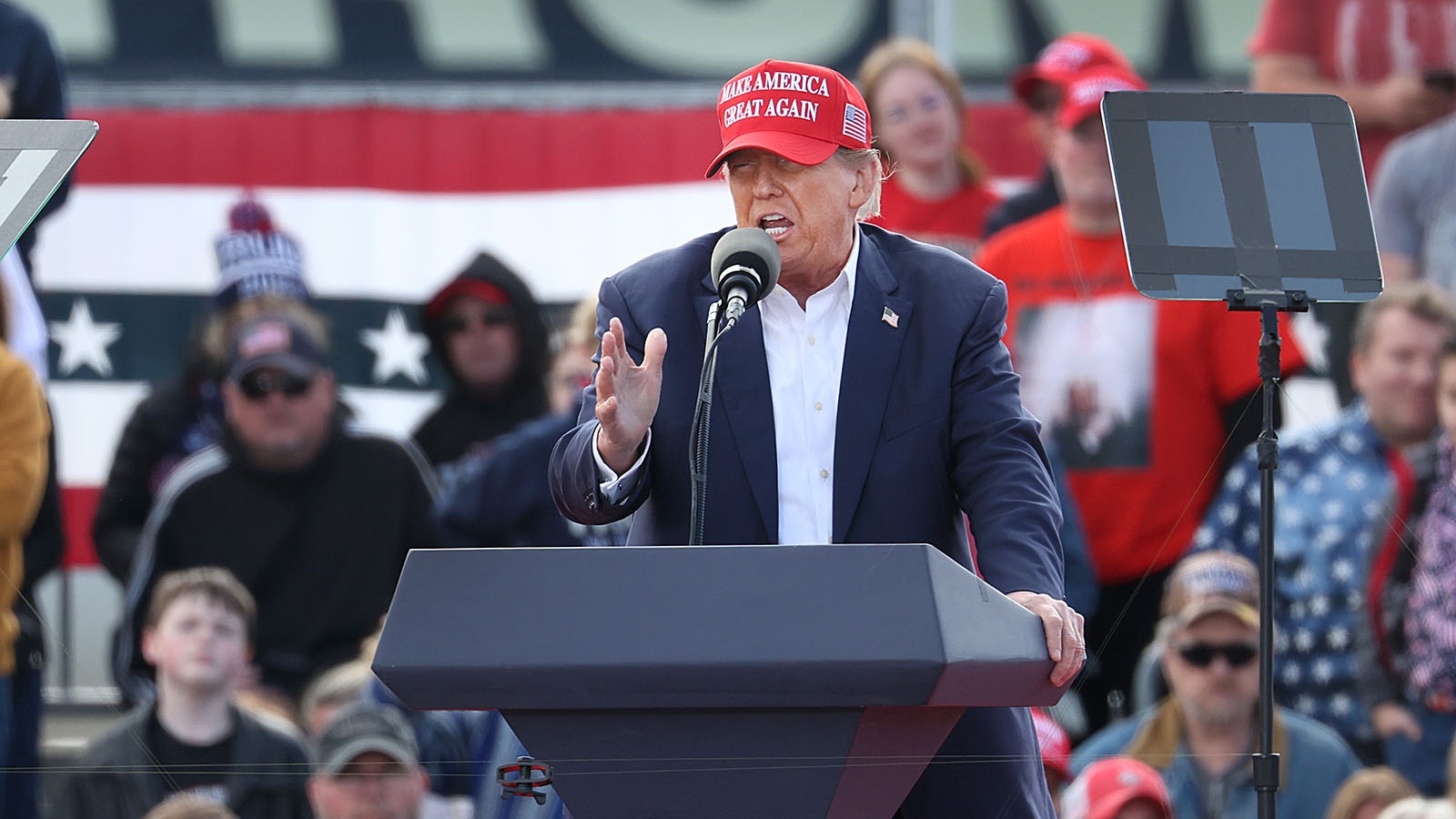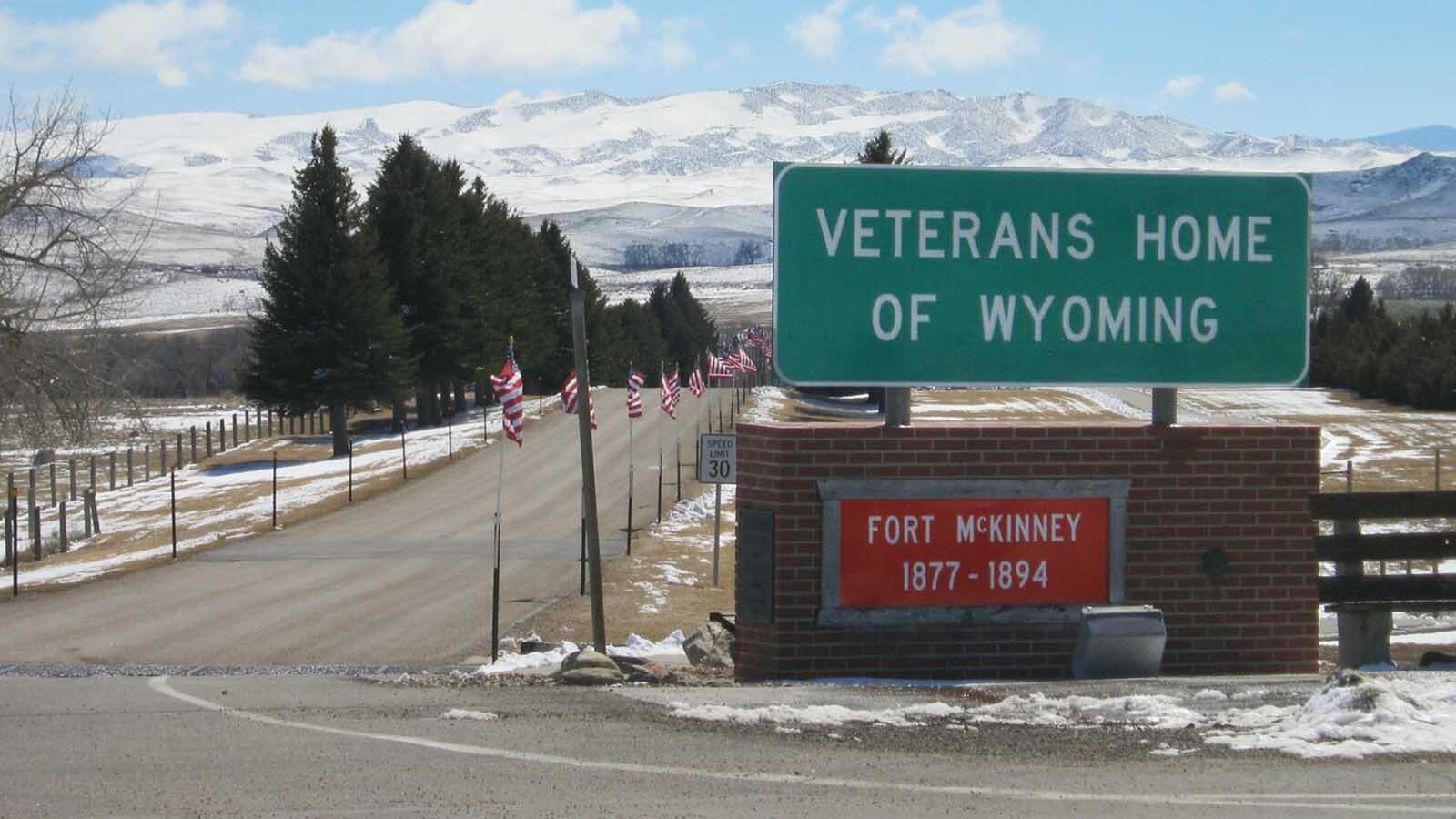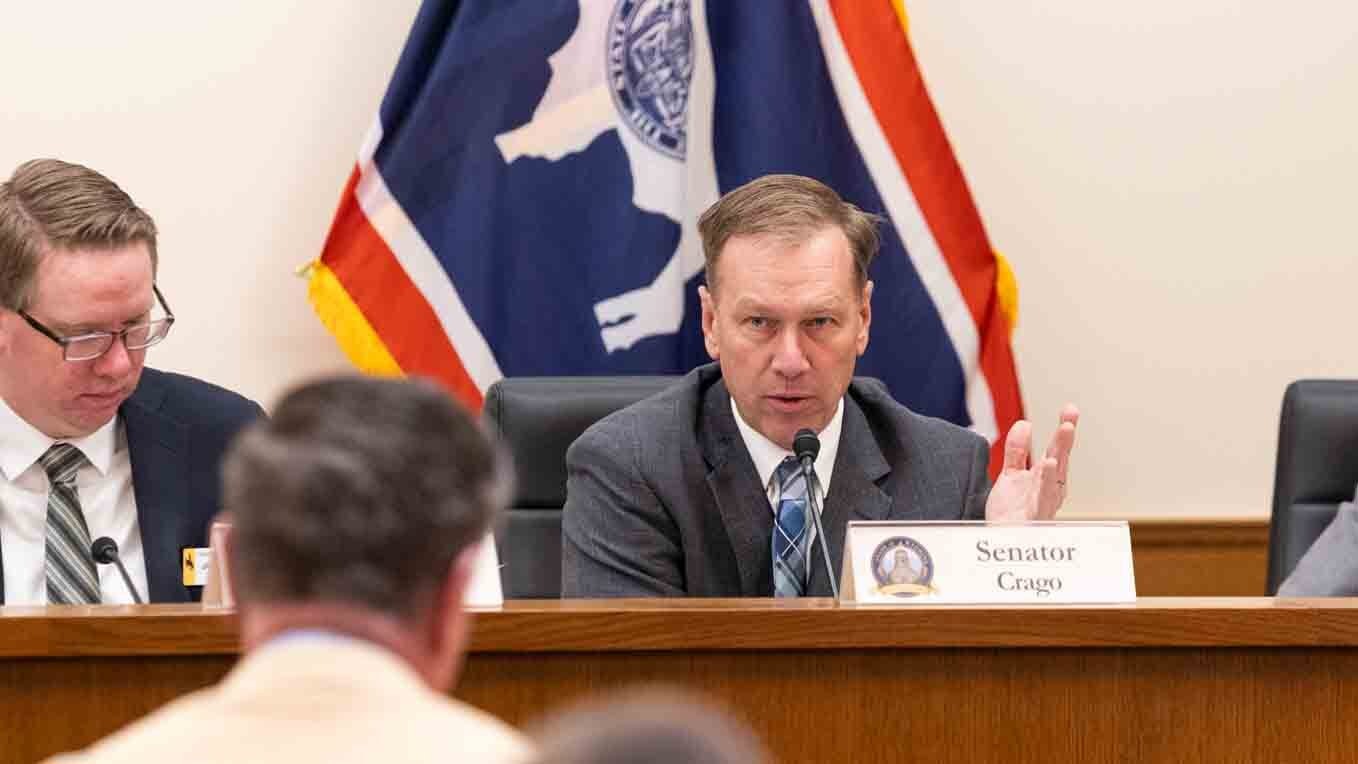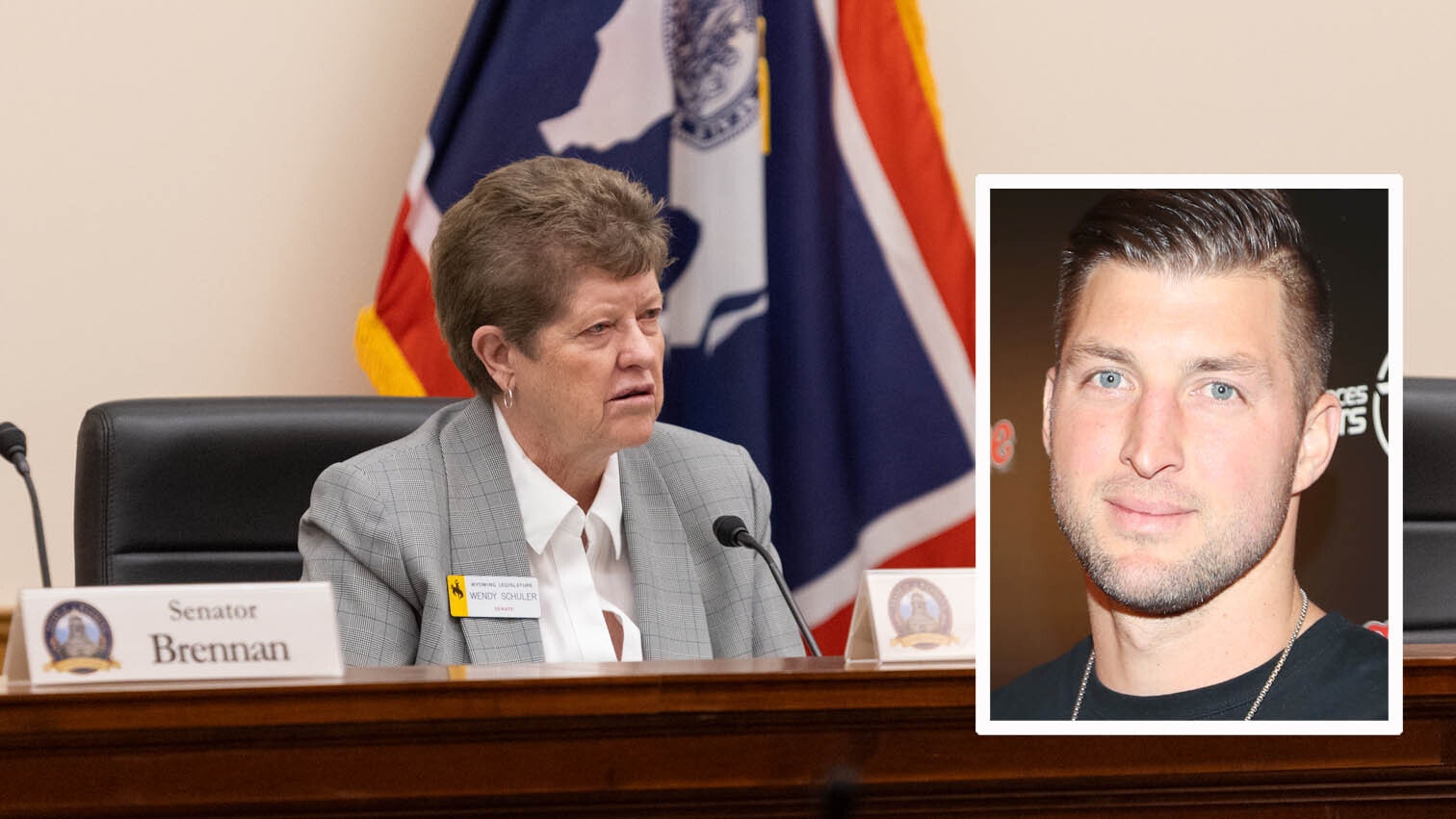Wyoming Attorney General Bridget Hill wants the U.S. Supreme Court to establish a legal test to determine how far presidential immunity can extend.
Hill joined two other state attorneys general this week in former President Donald Trump’s immunity appeal on federal criminal charges for his efforts to overturn the results of the 2020 presidential election.
What Does It Say?
The amicus brief, led by Ohio Attorney General Dave Yost, asserts that creating a test is necessary because of the possibility of future criminal and civil prosecutions. It also would establish constitutional guardrails to guide legal proceedings in future presidential prosecutions.
The brief proposes a litmus test to gauge cases in the rare event that presidential immunity is claimed.
“Ohio, Alaska and Wyoming submit this amicus brief to propose a principled standard for that rare instance: the charged acts’ nexus to Article II power and the urgency of the situation surrounding those acts,” the brief reads.
The test would be based on two factors:
- The first would consider how closely an alleged criminal action is linked to the president’s core powers under Article II of the Constitution.
- In the second, courts would determine whether the urgency of the situation warranted the president’s actions. The brief argues that times of heightened urgency, such as war, call for a greater degree of immunity for the president.
Broad But Limited
The AGs argue that there must be limits to presidential immunity, otherwise ,“An absolutely immune executive is a monarch or a dictator.”
But they also argue that presidential immunity must be broadly construed to protect against politically motivated attacks.
The attorney generals say the Trump case is “boiling with political overtones” in relation to the upcoming 2024 election and believe the Trump case sets a precedent that pressing criminal charges against a current or former president is a viable option.
“Any analysis must account for the many reasons justifying that protection, including as a guard against a different threat to the peoples’ sovereignty — a political rival, high and petty, who might use criminal process to deprive the people of their choice for president,” the brief reads.
In February, the Supreme Court agreed to decide whether Trump can be tried on criminal charges that he conspired to overturn the results of the 2020 election.
For now, a federal appeals court is keeping a hold on its ruling rejecting Trump’s claims of presidential immunity from prosecution. The Supreme Court case is scheduled for oral arguments in late April.
The attorneys argue that it’s critical to establish a test now before the case is heard, as it “may turn the national temperature down” on a topic many Americans believe is politically motivated.
In a Tuesday press release, Yost expressed doubt that Trump v. United States was filed under completely apolitical circumstances.
“A line of normal behavior has been crossed — the special counsel actually boasts in his own brief that a president has never before been criminally prosecuted,” Yost said. “In the same way that impeachment has apparently been normalized, it seems likely that we will see future cases in which a prosecutor charges a chief magistrate.”
Gray Not Impressed
Secretary of State Chuck Gray, who has made numerous efforts in recent months to keep Trump’s name on election ballots, said Hill should have signed onto a different lawsuit.
The brief Gray wants Hill to sign onto involves 22 Republican state attorneys general who filed an amicus brief explicitly siding with Trump and asking the Supreme Court to reverse the lower court’s order.
“Rather than sign onto this stronger brief with 22 other red states, Attorney General Hill signed onto a much weaker, mealy-mouthed brief that does not explicitly side with President Trump’s position,” Gray said. “The radical left’s attacks on our republican require strong conservative leadership and unfortunately the unelected attorney general chose a weaker route.”
Leo Wolfson can be reached at leo@cowboystatedaily.com.





